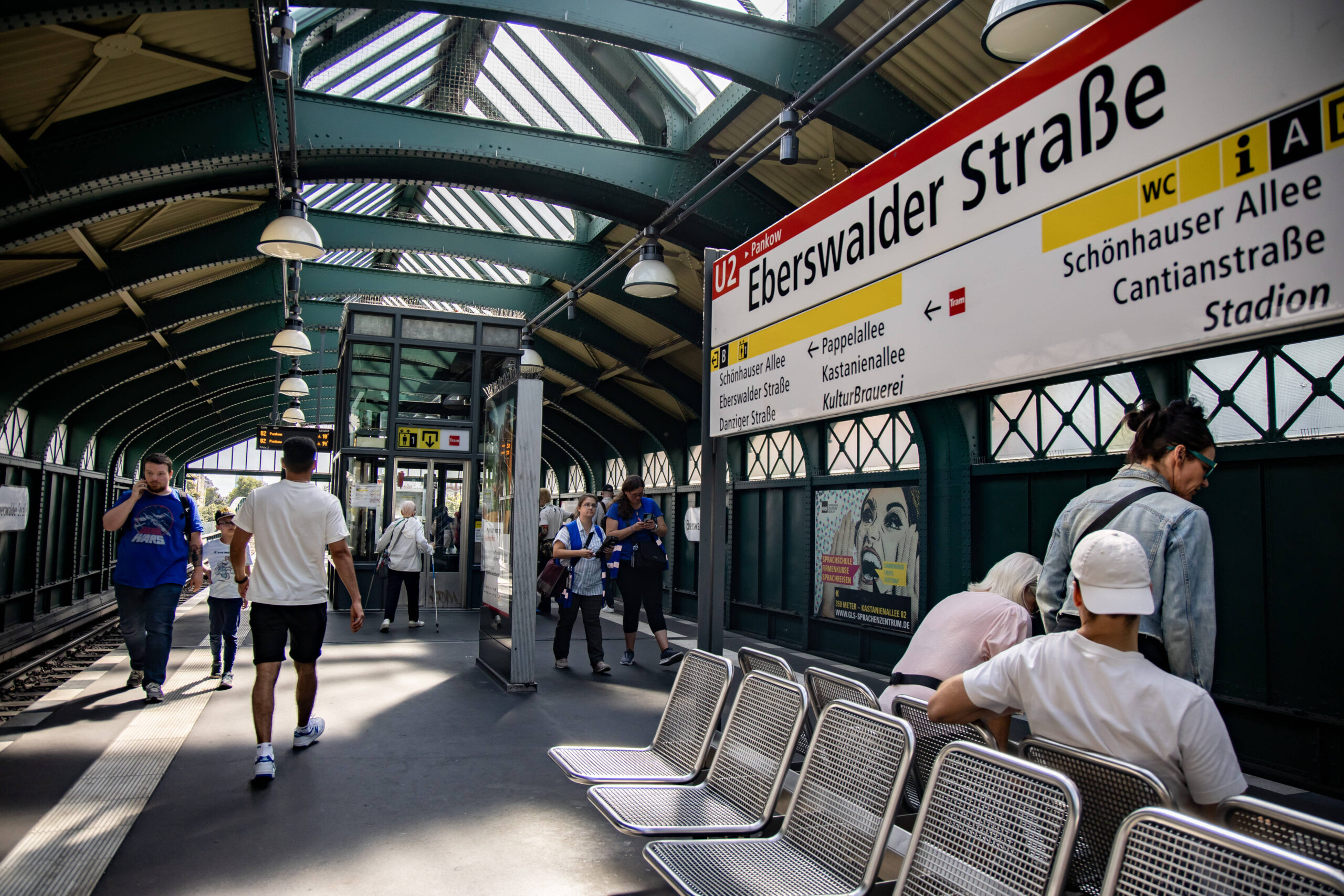Berlin’s €29 Ticket Scrapped: Austerity Measures Force Fare Hike
Berlin residents are facing a significant change to their commuting costs as the popular €29 public transport ticket is being discontinued. Following a late-night session, Berlin’s coalition government has approved a series of austerity measures, confirming the previously announced proposals without amendments. Economics Senator Franziska Giffey (SPD) expressed satisfaction after the nearly three-hour discussion, stating, “We are going home satisfied.”
The €29 ticket, launched in July of this year, was initially celebrated as a groundbreaking initiative for affordable urban mobility. By October, it had attracted 210,000 users. However, ridership figures did not meet initial projections. Critics, including the Berliner Fahrgastverband, labeled it a “dead end” that depleted city funds. Environmental organizations also voiced concerns that it undermined the national €49 Deutschlandticket and strained local transport financing. Now, confronted with a €300 million budget shortfall, the city has decided to scrap the discounted fare, leaving Berlin commuters to adjust to higher transportation expenses.
 Commuters in Berlin facing fare increases after the 29 euro public transport ticket is cancelled due to city austerity measures. The budget cuts impact public transportation costs in Germany.
Commuters in Berlin facing fare increases after the 29 euro public transport ticket is cancelled due to city austerity measures. The budget cuts impact public transportation costs in Germany.
The opposition AfD party in the Berlin House of Representatives welcomed the termination of the €29 subscription. In contrast, the Left party sharply criticized the decision. A representative from the Left stated, “The fact that the 29 Euro ticket is being abolished again after just four months is an absolute catastrophe,” highlighting the abrupt reversal of affordable transport policy.
The exact date for the ticket’s termination is still pending. The resolution instructs the BVG, Berlin’s public transport operator, to cease the ticket “as quickly as possible,” with a target date of January 1st, 2025. However, meeting this ambitious deadline appears challenging. The swift cancellation of the €29 ticket underscores the urgent need for budget consolidation in Berlin.
Beyond public transport fares, the austerity measures will significantly impact Berlin’s cultural landscape. The cultural sector is facing a 12 percent reduction in funding, which will cause considerable difficulties for theaters, museums, and the city’s vibrant independent arts scene. The Berliner Ensemble, for example, anticipates having to cancel five productions in the upcoming seasons as a direct consequence of these cuts. Furthermore, essential transport infrastructure projects, ranging from tram line expansions to climate protection initiatives, are also facing budget reductions and delays. Even the BVG’s objective to fully electrify its bus fleet by 2030 is now at risk of significant postponement due to the financial constraints.
Despite the widespread cuts, some essential social programs will remain protected. Free school meals and daycare services will continue to be provided, offering some relief for families amidst the austerity measures. Similarly, resident parking permit fees will not be increased in this round of budget adjustments, offering a respite for car owners. Nevertheless, the comprehensive austerity package marks a turning point for Berlin, signaling a shift towards fiscal constraint.
The short-lived experiment with the €29 ticket raises fundamental questions about Berlin’s future priorities. The city must now grapple with the challenge of balancing its social commitments with the stringent realities of its limited budget. The cancellation of the €29 ticket is a stark reminder of the difficult choices facing urban policymakers in times of financial constraint and the delicate balance between affordability and fiscal responsibility in public services.
